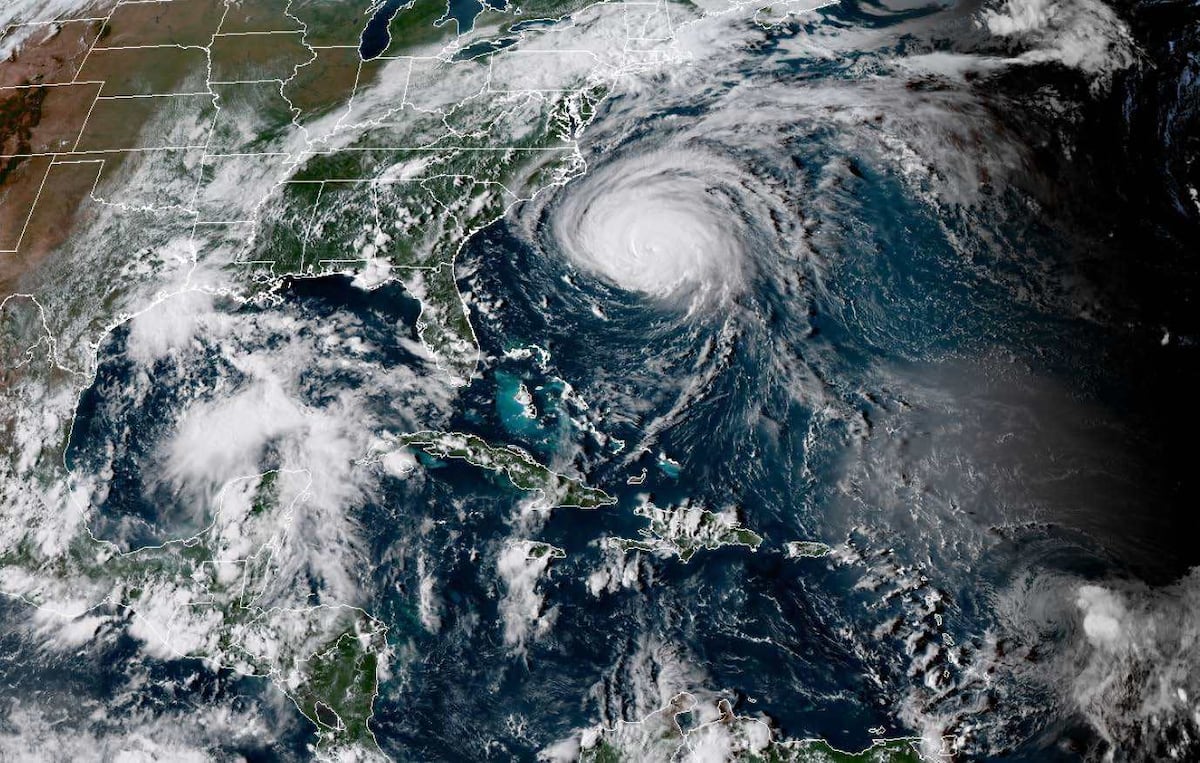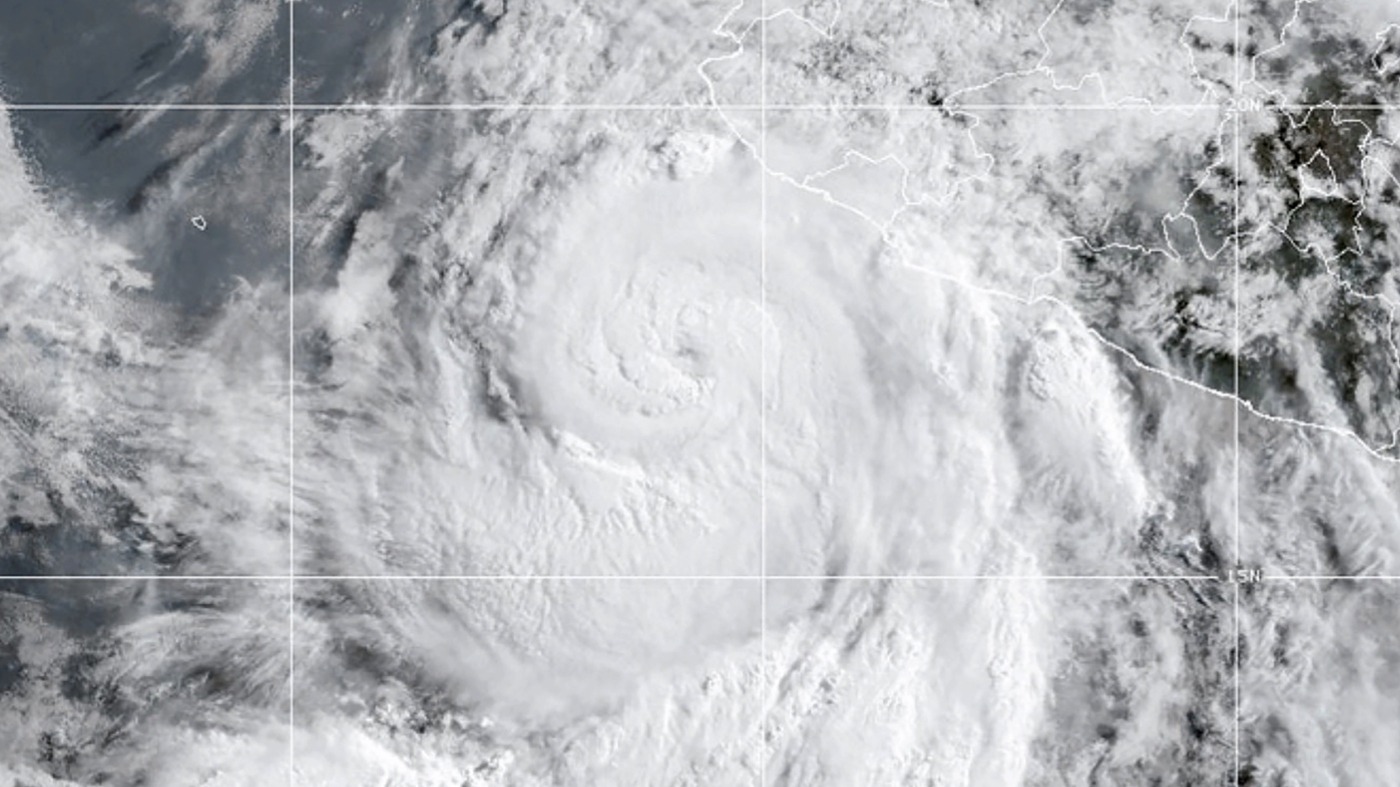Government Reverses Course, Continues Satellite Data Sharing for Hurricane Forecasts
The government will continue sharing crucial satellite data for hurricane forecasting, reversing a planned cutoff. This ensures accurate and timely weather predictions, preventing less reliable information.
Subscribe to unlock this story
We really don't like cutting you off, but you've reached your monthly limit. At just $5/month, subscriptions are how we keep this project going. Start your free 7-day trial today!
Get StartedHave an account? Sign in
Overview
- The government has decided to continue providing essential satellite data for hurricane forecasting, reversing an earlier plan to discontinue the service.
- This decision ensures that meteorologists and forecasters will still have access to critical information needed for accurate hurricane predictions.
- The continuation of data sharing is specifically aimed at preventing a decline in the accuracy and timeliness of vital hurricane forecasts.
- Without this key satellite data, there was a significant risk of less reliable and potentially delayed warnings for communities in hurricane paths.
- The move highlights the government's commitment to public safety and effective disaster preparedness by maintaining crucial meteorological resources.
Report issue

Read both sides in 5 minutes each day
Analysis
Center-leaning sources cover this story neutrally, focusing on the factual details of the Navy's decision to extend satellite data sharing with NOAA. They explain the context of the reversal, the reasons behind it, and the implications for weather forecasting, without employing loaded language or selective emphasis. The reporting prioritizes clarity and comprehensive information.
Articles (3)
Center (3)
FAQ
The Defense Department initially planned to phase out the data distribution due to modernization efforts and cybersecurity concerns, as the program no longer met updated information technology requirements.
The DMSP is a program that has been collecting weather data for U.S. military operations for over 50 years. Its data is crucial for meteorologists and hurricane forecasters because it provides essential satellite information necessary for accurate and timely hurricane predictions.
The satellite data sharing will continue beyond July 31, 2025, with the program expected to run until its end in September 2026 or until the sensor fails, maintaining access throughout this period.
Discontinuing the data would likely have led to less reliable and delayed hurricane forecasts, reducing the accuracy and timeliness of warnings and potentially increasing risks to communities in hurricane paths.
The continuation of satellite data sharing coincides with NOAA’s prediction of an above-normal 2025 Atlantic hurricane season, ensuring forecasters have vital resources to track storms accurately during a potentially more active season.
History
- This story does not have any previous versions.

